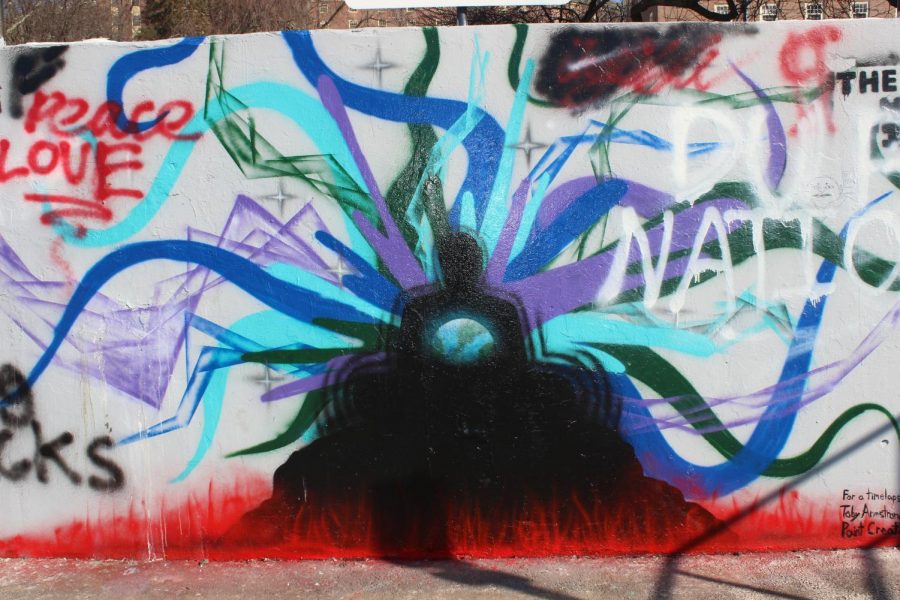If you participate in contemporary political discourse, you’re bound to come across one of the most widespread and controversial phrases of the day: “cancel culture.” Part of its popularity stems from its apparent versatility. That is, people can use the term for just about anything that particularly upsets them. Criticism of beliefs, online or, sometimes, physically targeted harassment, de-platforming of controversial university speakers, campaigns to fire private citizens from their jobs and boatloads of other internet squabbles have all been at the crux of “cancel culture” at one point or another. The inevitable consequence of using a term for everything is that it ends up meaning nothing.
The term is arguably an offshoot of “call-out culture,” a more specific term that describes the phenomenon of progressive activists “calling out” actions or statements that were perceived as problematic. But I don’t want to attempt to define cancel culture here. That’s been attempted a million times. Neither do I want to praise, criticize or deny the existence of the vaguely-defined phenomenon; that market is fully saturated. I want to stop the overuse of cancel culture. We need to stop referring to conversations about academic freedom as controversies over cancel culture.
As opposed to cancel culture, it’s necessary to precisely define what I believe “academic freedom” to be before I discuss it. Academic freedom is the freedom, both de facto and de jure, for academics and students to research, believe in, talk about and advocate for ideas, no matter their acceptability in the eyes of the public. Of course, like many concepts in the free speech sphere, the term is malleable and subject to debate. For example, those who advocate for academic freedom may argue that a Holocaust denier should not be allowed to speak on campus, but generally advocate for free expression. I’m unsure where I stand on the issue, despite being Jewish, but the boundary between speech covered and not covered under the academic freedom banner is fuzzy. Academic freedom is a principle that is vitally important to honor, even if we debate the specifics, if the pursuit of truth is the foremost goal of scholarship.
“Cancel culture” is often used to describe conflicts over academic freedom, but the term is woefully inadequate for several reasons. Most importantly, cancel culture individualizes a much larger, systemic issue. The act of “canceling” is generally something that is undertaken against an individual person, while a suppressive academic culture is something different, and it can destroy the pursuit of truth in an entire field of study. If scholars fear that they will be targeted for publicly pursuing an idea, either through policy or through social sanction, most won’t speak up and get “canceled.” Rather, social coercion will make them either stop pursuing controversial topics or take their work underground, resulting in a loss of knowledge for society. Secondly, cancel culture has become irreversibly associated with celebrities.
Famous cancellations like “The Mandalorian”star Gina Carano and Bon Appetit Editor-in-Chief Adam Rapoport have made the term fundamentally trivial in academic settings. While there are discussions to be had about both of these figures, there is a large difference between using social coercion to oppose the actions and opinions of public figures and to keep academics from pursuing or discussing uncomfortable topics. Freedom of expression is a sanctified concept in American society, however, most prosperous societies are built on the fruits of free exploration in the hard and soft sciences. Squabbles over academic freedom on college campuses are by no means a new phenomenon. The wave of concern over “political correctness” on campuses in the 1990s was a direct precursor to the debates of today, but that doesn’t mean today’s discussions aren’t meaningful.
The struggle against forces that wish to restrict speech will never end, as long as they have the freedom to struggle. As the Irish Republican Army said upon the failure of an assassination attempt on Margaret Thatcher, “you have to be lucky every time. We only have to be lucky once.” Academic freedom must be constantly defended, and that means we have to define in the clearest terms what it is, and who its opponents are. “Cancel culture” is not a serious term that is fit for these discussions.
Dylan Partner can be reached at [email protected].



















